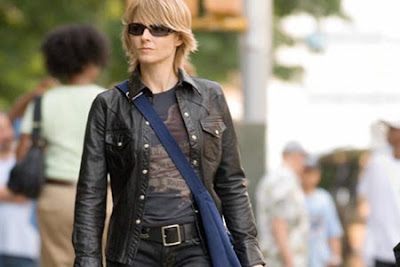
I thought I wait for inspiration before attempting to write about Ten Thousand Miles Without a Cloud - but the Muse is avoiding me, so I shall write anyway about the book that was interesting enough when it began with Sun Shuyun reasons for following the footsteps of 7th century Buddhist monk Xuanzang. It was a journey that took her across Central Asia, India and China - and her travel narrative is interweaved with the story of Xuanzang himself, the difficulties he faced, his resolve - and the story of Buddha and Buddhism itself.
Sun Shuyun is not an elegant writer - but her prose is simple, straightforward - which makes her story feel earnest and down-to-earth. The writing felt stilted at times, and the book dragged in its narrative mid-way - only to pick up again when Sun finally reached India. From them on, I was hooked. Ten Thousand Miles Without a Cloud is a book worth the effort to push through.
For me, the best part of her book is Xuanzang's triumphant return to Tang Dynasty China. I shall write about this later - as it deserves a post on its own. That latter section ignited in me an interest in Chinese Tang Dynasty history.
This post is about Sun Shuyun's personal story - how she came to Buddhism, and her travels.
Sun Shuyun was a child of the Cultural Revolution, brought up on the Communist dogma. She was the daughter of a former officer in the People's Liberation Army - a background that sheltered her in a way from the harsher persecution in the 1960s. However, the family still had to suppress certain facts of their lives in the midst of the madness of the Cultural Revolution: among them was the concealment of her maternal grandmother's Buddhist faith.
Sun's coming to faith has a lot to do with her grandmother, a widow who also lost seven children. She fell into despair, until an itinerant monk passing through her village one day gave her a small statue of Guanyin, and taught her to pray, to recite the name of Amitabha. That saved the grandmother's life, and in spite of the political climate then she tried to instill in her grandchildren the faith that brought her peace.
There was a touching anecdote Sun told of her grandmother. When Sun was young, sometimes she would wake up in the middle of the night, and the grandmother will always be up, her lips moving quickly but silently as she dropped things continuously into a bowl in front of her. There was always a serenity about the grandmother when she was like this. When Sun asked her grandmother what she was doing, the grandmother replied she was counting beans to pass the time. Only much later did Sun realise her grandmother was praying. Without the prayer beads, the grandmother counted her prayers with beans instead.
This story of the grandmother moved me with its simplicity - her faith was uncrushable in spite of the madness and violence of the Cultural Revolution. That image of an unassuming, harmless old woman, almost blind, but serene and at peace, just counting her prayers with beans in place of prayer beads. This is real faith. I yearn for this simplicity in my own faith.
Sun later entered the Beijing University, the brain-center of intellectual life in China. I believe this was when her view of the world expanded and one realises there is something beyond what we have been taught. In 1986 she was offered by an opportunity to studying in Oxford - the chance to journey to the West, in a manner. When her father sent her off, what he said to Sun affected her immensely:
'Don't worry about me. This is your big chance, you've got to take it. Look at me, look at your sisters, look at what society has come to. Don't get homesick. There is nothing here for you to come back to.' When I turned around and waved him goodbye, I was shocked, and sad. As someone who had devoted his entire life to the revolution, he must have been in total despair.
For Sun and her generation, it was a period of self-examination. As China has started to open itself to a capitialist economy, the young people of Sun's generation had to redefine themselves. The Communist ideologies they were brought up with had proved obsolete. It was Sun's father and his generation that suffered most of all - as they are now old, and they had wasted the best years of their life for an idea that betrayed them, and caused so much pain.
With Father's death and the collapse of his world I lost all that remained of my attachment to the cause he gave his life to. I knew I was lucky, I was free and I had not suffered like my forebears and my fellow-countrymen. But like so many Chinese, I felt strongly that something was missing. The idea of a confirming faith dies hard. I was increasingly unsure of where I was going, why I was doing the things I did; I was at a loss, and pondering.
So she journeyed, on the trail of Xuangzang - the gifted monk who found the teachings of Buddhism that he was taught inadequate, so he set out under threat of death, to the source of Buddhism - for greater understanding, and perhaps enlightenment.
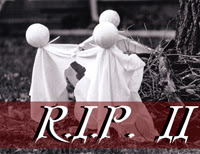

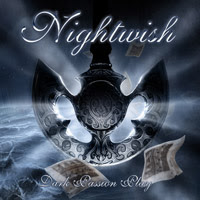
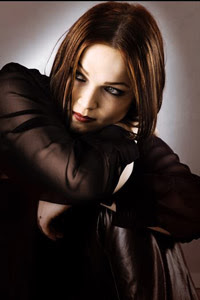
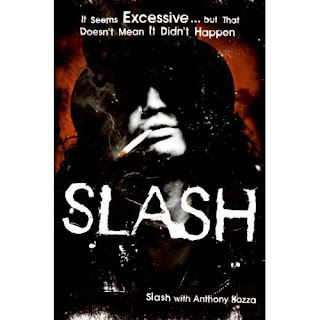
 Books from left - Ryszard Kapuscinski's The Shadow of the Sun, the Lonely Planet Blue List 2008 Edition, some titles from "The Art of Novella" series published by Melville House.
Books from left - Ryszard Kapuscinski's The Shadow of the Sun, the Lonely Planet Blue List 2008 Edition, some titles from "The Art of Novella" series published by Melville House.

